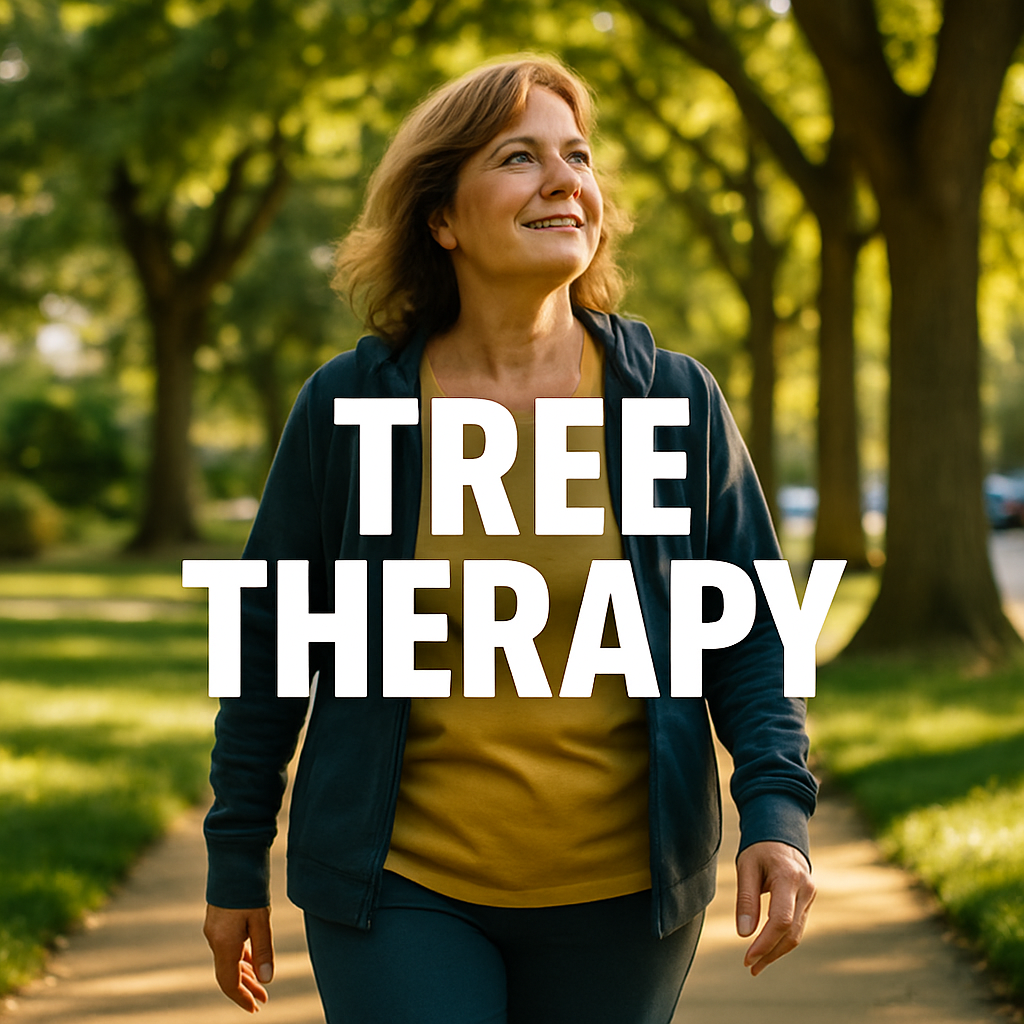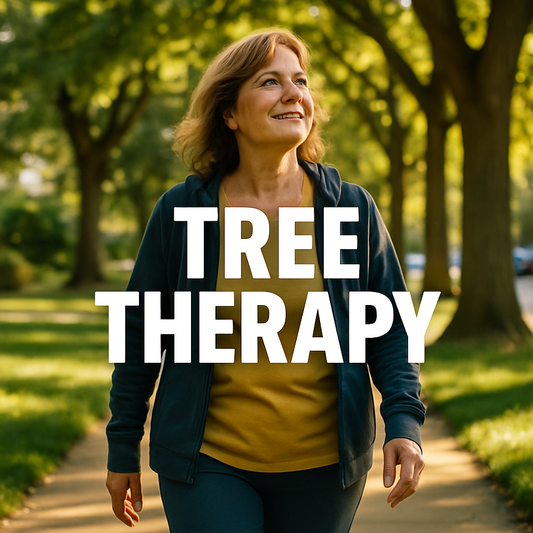
Tree Therapy: How Neighborhood Trees Heal Hearts 🌳❤️
Share ❤️
Picture this: women in midlife who live on tree‑lined streets have measurably stronger hearts than those surrounded by bare grass. This isn’t just about aesthetics—it’s about survival.
A recent analysis of thousands of women in their 40s and 50s found that those with more neighborhood trees scored higher on the American Heart Association’s Life’s Essential 8 metrics (blood pressure, weight, diet, activity, sleep and more) than peers surrounded by open grass. Unlike manicured lawns, street trees create shade, muffle traffic and invite movement. The benefits aren’t just physical; greener surroundings calm the nervous system and nudge healthier habits.
Reason #1: Trees Make You Move
Shaded sidewalks encourage afternoon walks without the harsh sun beating down. The study noted that women living near tree canopy were more likely to hit daily activity goals and maintain a healthier weight. Planting more trees in your neighborhood—or choosing a path through existing canopy—can turn a simple stroll into a heart‑strengthening ritual.
Reason #2: Green View, Calm Mind
Grass may look nice, but tree branches filter urban noise and light, lowering stress hormones and blood pressure. In the same research, women surrounded by more trees reported better sleep and diet quality, suggesting that greener views ease stress‑eating and late‑night scrolling. Try spending your lunch break under a leafy canopy to reset your mood and digestion.
Reason #3: Trees Nurture Community
Tree‑lined streets feel safer and more inviting, drawing neighbors outside and fostering social connections—a known buffer against heart disease. The midlife women who enjoyed more canopy also scored higher on social well‑being indices. Host a small gathering under a neighborhood oak or volunteer at a tree‑planting day to weave health and community together.
Closing Beat: We often obsess over diets and gadgets, yet sometimes the simplest medicine is growing right outside our window.
Your body never lies. When you listen to its response to nature, you’ll discover that well‑being doesn’t always come in a bottle—it might be rooted in the soil.










